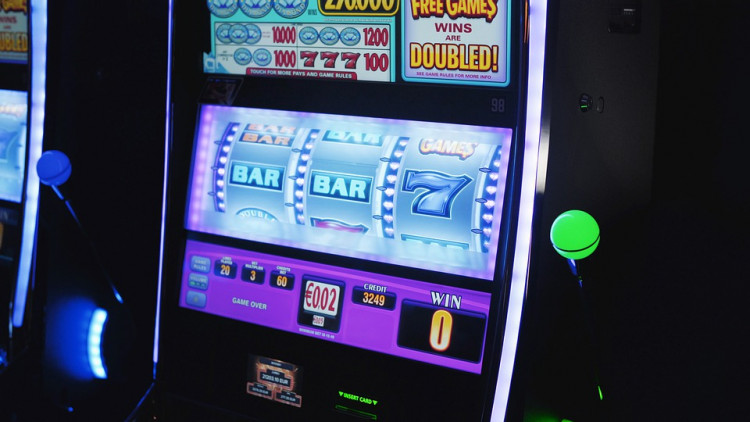Digital entertainment has increased substantially in recent years thanks to many industries embracing digitization. Sources of entertainment, such as books, music, TV shows and movies, have all gone digital and can be enjoyed in different user-friendly formats on phones, tablets and PCs. These changes have occurred because of the ease and convenience of managing the demand for entertainment digitally. Almost everything we do these days can be stored digitally in an instant, thus reducing the need to keep physical versions.
Smartphones are one of the leading forms of technology in digital entertainment, which is quite a far cry from their original intended purpose as an accessory. Now, they are not only useful but an integral part of our lives and habits. Smartphones have become powerful gadgets that allow us to reach across the world in moments and enjoy various forms of entertainment on our terms. We can now stream content, text and meet friends via social networks as well as fuel hobbies and passions.
As exciting as it sounds, the shift towards digital entertainment may be putting physical entertainment in a tight spot. It must, however, be considered that digitalizing our entertainment carries a risk as well as concerns about preservation. Digital entertainment is much harder to preserve because of continued digital disruptions. This is a major difference compared to physical entertainment, which we have successfully preserved for centuries. Restoration efforts of damage to ancient books, paintings, sculptures, games and other sources of entertainment have repeatedly proven successful.
Why digital entertainment surges
Since physical entertainment has the upper hand in terms of longevity and preservation, it makes no sense that digital entertainment continues to gain the upper hand. This change in balance relies on the two key factors that are pivotal in the surge of digital entertainment: convenience and ease of access.
When considering casinos, traditional physical casinos have provided entertainment to many for a long time until they went digital. Now, not only do players no longer need to leave the convenience of their homes, but they can also receive multiple online casino bonuses that are not available in physical casinos. Moreover, many online casinos offer safer and faster ways for players to obtain their winnings. For avid players, it just doesn't get better than that.
The trend continues with news as well. It is no longer necessary to buy newspapers or magazines from a newsstand or have them delivered, nor must you wait for the news at a specific time on the TV. Moreover, you have full control over the news you read. You can choose your own news sources and curate your own news feed or programs based on your preferences. They will appear on your smartphone, PC or tablet as soon as you start your day.
This phenomenon is also prevalent in other areas of entertainment, including various hobbies as well as music and art.
These examples show how much easier life can be with digital entertainment, so it's not difficult to understand why physical entertainment may suffer as a result. Digital entertainment just makes it so easy to entertain ourselves.
Is it too late for physical entertainment?
Rather than panicking about the idea that digital entertainment may replace physical forms, it's best to take inspiration from the moment and infuse digitization into physical experiences. The truth is that we're never going to return to a point where technology is not as important in our lives, so we might as well adapt. Many physical entertainment sources are coming to accept this and have started to embrace digitization.
For instance, Dreamland in Margate has an all-day event in which visitors can come in to take pictures. Zoo Tampa has a much different strategy and has launched an app that teaches guests about the animals in residence. These developments demonstrate that physical entertainment can adapt to rival digital entertainment.
The idea is quite straightforward: if you can't beat them, join them. Physical entertainment sources can thus not only blend the physical and digital experiences of their guests, but they can also further improve their reach by capitalizing on the ease of access of digitization.
The bottom line is that the increasing success of digital entertainment does not necessarily put physical entertainment at risk, nor should it be feared. Instead, it highlights a new way of capturing the interests and attention of people; this, if applied properly, can be monetized and directed towards physical entertainment, helping it keep up with digital entertainment. It's not too late to begin.






